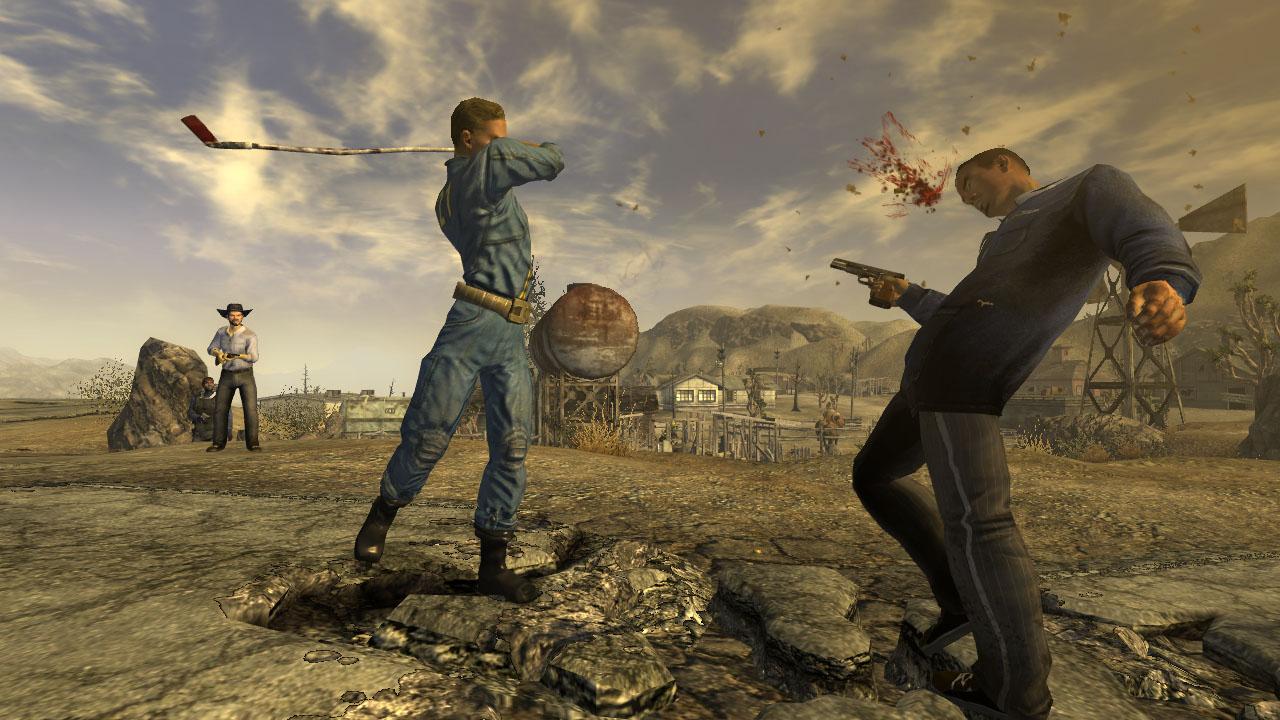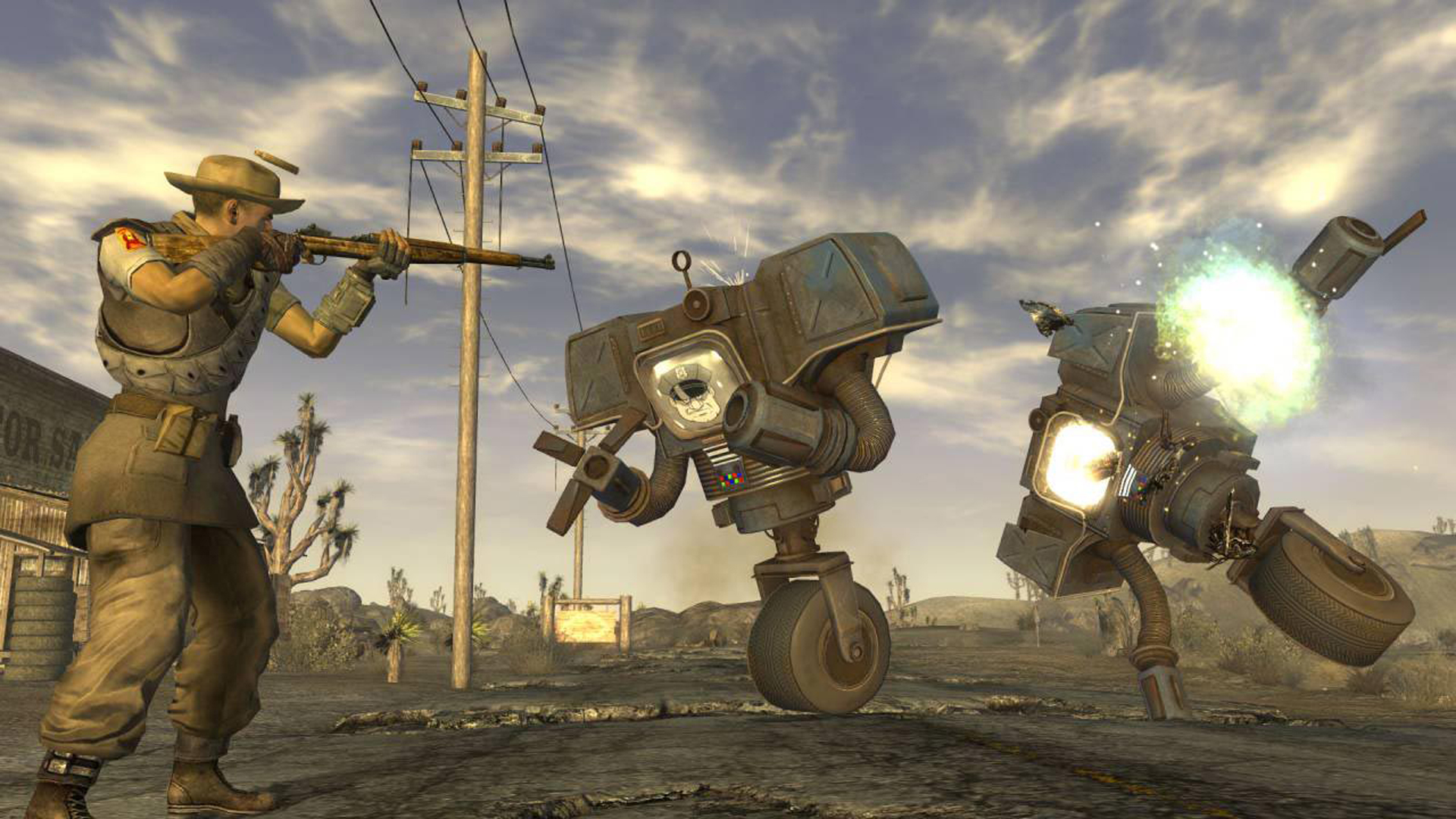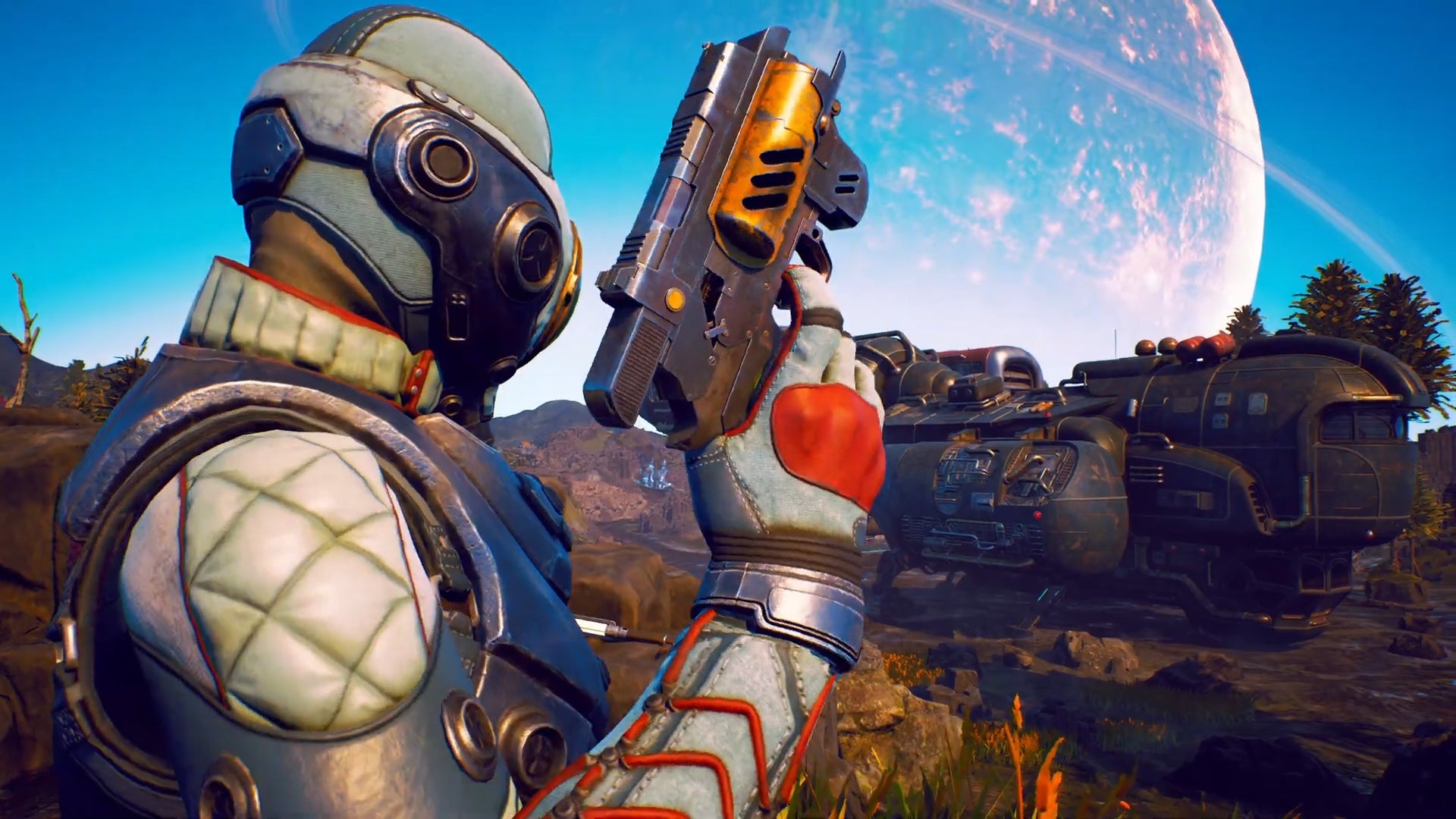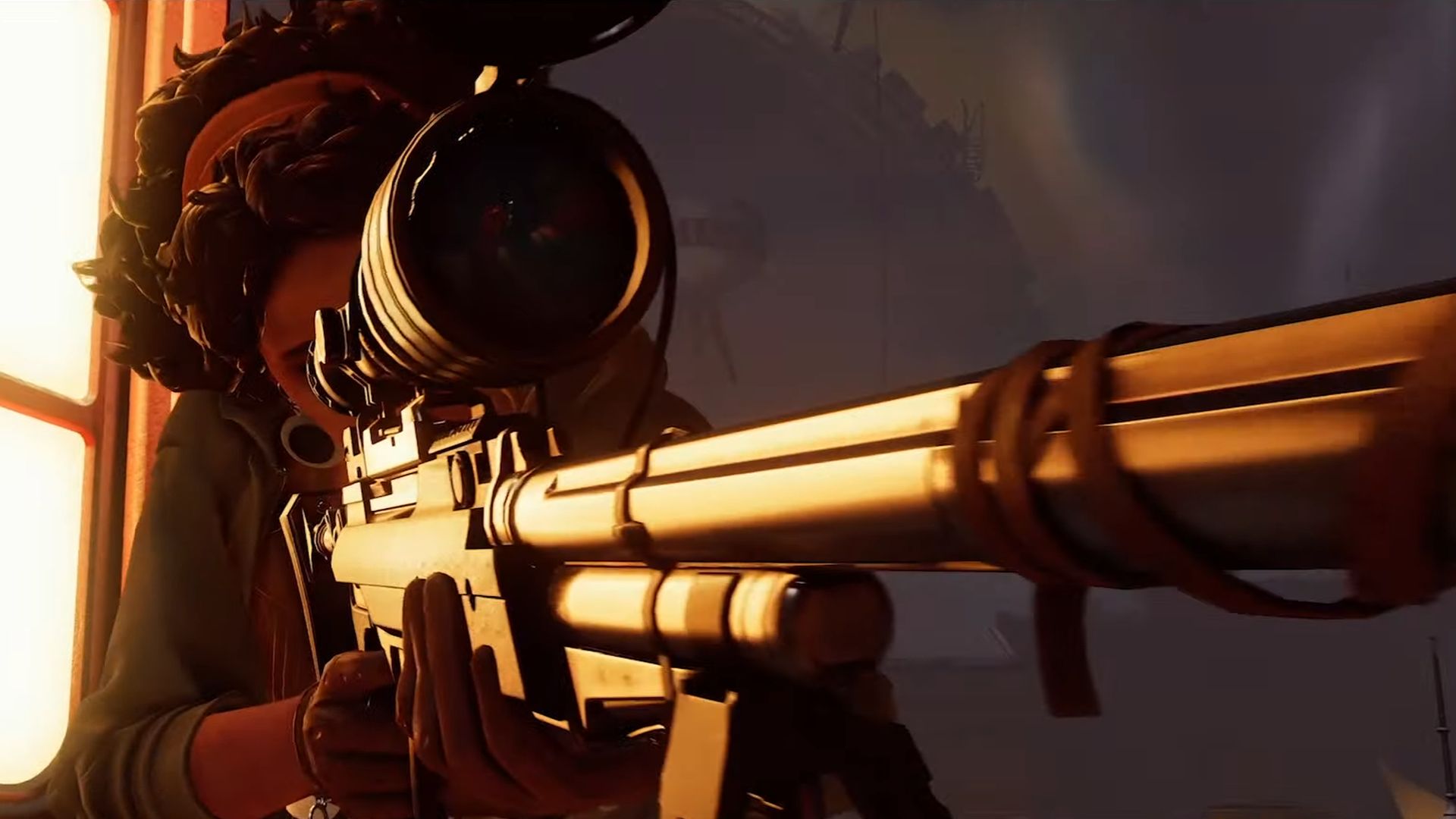
Do you know what a dream acquisition invites? An opportunity to let your wildest game development fantasies run wild. Following on from the news that Microsoft has purchased Bethesda, as part of its $7.5 billion cash buyout of ZeniMax Media, we're now in a position to start looking across the Xbox Game Studios group – which now encompasses a staggering 24 first-party studios – to work out where the most potent team ups might be. For many, the answer is clear – and, no, it doesn't have anything to do with id Software thrusting the games industry's most powerful shotgun into the hands of Master Chief. It's Fallout: New Vegas 2.
Microsoft has made a considerable investment in the RPG space in recent years, acquiring Obsidian and InXile Entertainment in 2018. The former is now hard at work on Avowed, while the latter is reportedly turning its attention to a new IP after shipping Wasteland 3 earlier this year. By bringing Bethesda into the fold, the Xbox division now owns the intellectual property to The Elder Scrolls and Fallout. As a result, there's an obvious collaboration opportunity here for the future: Obsidian and Bethesda, teaming up to deliver Fallout: New Vegas 2.
Fallout and Obsidian, together again

Fallout: New Vegas released October 19, 2010. A decade may have passed, but the game is still considered to be one of the best RPGs of all time. Praised for its writing and quest design, beloved for its reactive world and expressive combat, and recipient of a Golden Joystick Award for 'RPG of the Year' in 2011, there was a lot to love about the adventure across the Mojave Desert. Fans have been calling out for a sequel for a long time… hell, I'm not fussy, I'd settle for a generous remaster.
Up until now, both of these options have sat somewhere on the scale between 'unlikely' and 'impossible'. Even though Fallout: New Vegas sold well, Obsidian was never invited back to develop a sequel. It was always assumed by some that there was bad blood between the publisher and developer, with Obsidian reportedly missing out on a bonus because the game scored 84 rather than a targeted 85 on aggregate review site Metacritic. Was any of that a factor? It's difficult to say, but it was only in 2017 that Obsidian CEO Feargus Urquhart claimed that he would "love to do another Fallout" in an interview with VG247. In 2018, Bethesda creative director Todd Howard said "I thought the Obsidian guys did a fabulous job", explaining to the Guardian that the company ultimately decided to bring all development back in-house as the studio grew in size.

One of the reasons so many fans have lit up with excitement now at the possibility is that the future of Fallout feels somewhat uncertain. In the past, Bethesda has been known to alternate development between its post-apocalyptic and fantasy-RPGs. Fallout 4 arrived in 2015, with The Elder Scrolls 6 planned to launch… sometime in the future. Complicating matters further is Starfield; it's the first new franchise in 25 years to come from Bethesda Game Studios, a space epic that also has no release window but will launch sometime before our next adventure in Tamriel. For those interested in exploring the wastelands, the only prospect has been diving into Fallout 76 or waiting until Bethesda has Starfield and The Elder Scrolls 6 out of its system. I can't honestly tell you which of those prospects is more attractive.
But with Obsidian and Fallout in a weird way reunited, it has opened up opportunities that didn't exist 48 hours ago. While many of the principal leads who worked on Fallout: New Vegas have left the studio in the last 10 years, creative director Josh Sawyer remains. Better still, the studio has demonstrated its capacity for building games of a similar style to Fallout: New Vegas in recent memory with The Outer Worlds. Does any of this mean that Obsidian could in fact be given (or would even want) the opportunity to develop Fallout: New Vegas 2? That remains to be seen, although it is worth remembering how the studio landed the gig in the first place.
Bethesda brought Obsidian into the mix while it focused on the development of Skyrim, wanting to capitalise on the success of Fallout 3 by getting a safe pair of hands to engineer a spin-off sequel quickly and efficiently to maintain momentum. Given the lukewarm reception to Fallout 4 and Fallout 76, and given that Bethesda Game Studios has its hands tied by Starfield and The Elder Scrolls 6 for the next decade, it isn't out of the realms of possibility that Microsoft could decide to leverage its assets in a way that would make fans ecstatically happy.
Sign up to the GamesRadar+ Newsletter
Weekly digests, tales from the communities you love, and more

Josh West is the Editor-in-Chief of GamesRadar+. He has over 15 years experience in online and print journalism, and holds a BA (Hons) in Journalism and Feature Writing. Prior to starting his current position, Josh has served as GR+'s Features Editor and Deputy Editor of games™ magazine, and has freelanced for numerous publications including 3D Artist, Edge magazine, iCreate, Metal Hammer, Play, Retro Gamer, and SFX. Additionally, he has appeared on the BBC and ITV to provide expert comment, written for Scholastic books, edited a book for Hachette, and worked as the Assistant Producer of the Future Games Show. In his spare time, Josh likes to play bass guitar and video games. Years ago, he was in a few movies and TV shows that you've definitely seen but will never be able to spot him in.



